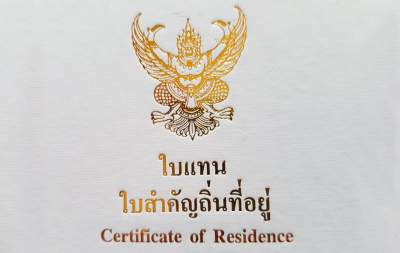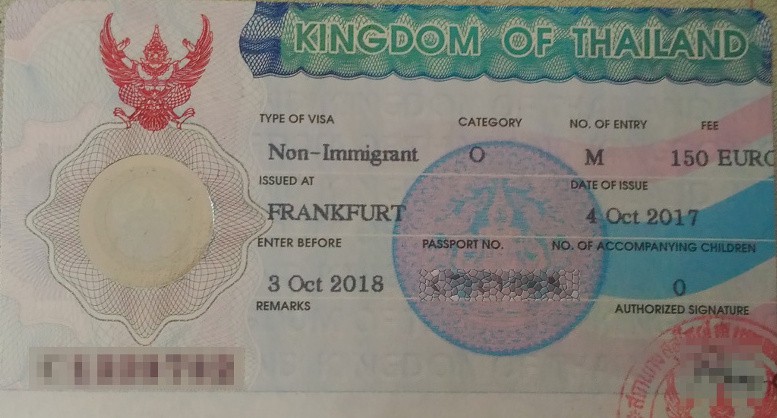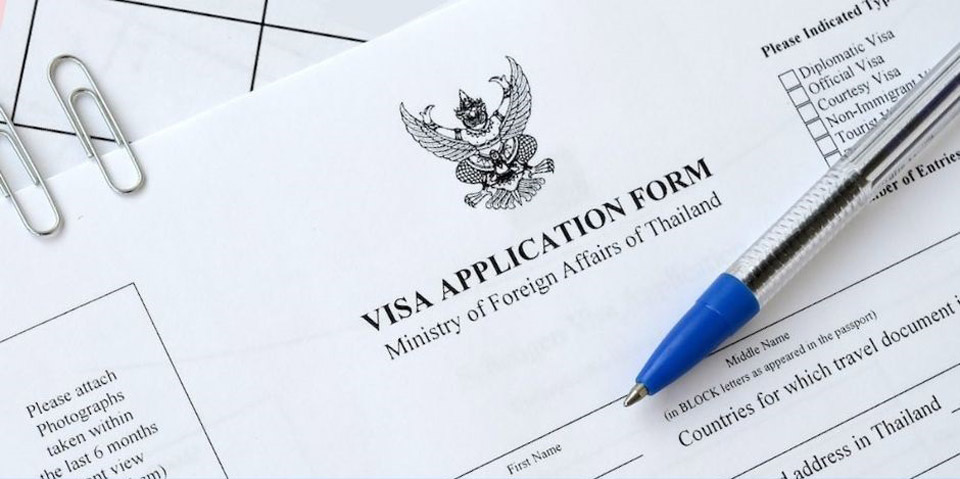Thailand Consumer Protection Act
Thailand Consumer Protection Act (CPA), enacted in 1979 (B.E. 2522), serves as a cornerstone for ensuring fair and safe interactions between businesses and consumers. This Act empowers Thai consumers and establishes a framework for resolving disputes. Let’s delve deeper into the key aspects of the CPA and its implications for both consumers and businesses.
Cornerstones of Consumer Rights
The CPA enshrines four fundamental consumer rights:
- Right to Information: Consumers have the right to receive accurate and sufficient information about the goods or services offered. This includes details on quality, price, functionality, and any potential risks associated with the product. Misleading or deceptive advertising is strictly prohibited.
- Freedom of Choice: Consumers have the right to freely choose the goods or services they wish to purchase without undue pressure or coercion from businesses. This fosters a competitive market environment and empowers consumers to make informed decisions.
- Safety and Security: The Act mandates that businesses provide goods and services that meet acceptable safety standards. This protects consumers from potential harm caused by defective products or unsafe services.
- Fair Contract Terms: Businesses cannot include unfair or one-sided terms in contracts with consumers. These terms should be transparent, readily understood, and not excessively disadvantageous to the consumer.
Empowering Consumers and Businesses
The CPA establishes the Office of the Consumer Protection Board (OCPB) to oversee the Act’s implementation. The OCPB plays a crucial role by:
- Receiving and Investigating Complaints: Consumers who believe their rights have been violated can file complaints with the OCPB. The OCPB investigates these complaints and attempts to mediate a solution between the parties.
- Product Testing and Verification: The OCPB has the authority to test and verify the quality and safety of products offered in the market. This proactive approach helps prevent the circulation of unsafe goods.
- Consumer Education: The OCPB actively promotes consumer education initiatives to empower consumers with the knowledge and skills necessary to make informed choices and protect their rights.
- Enforcement Actions: In cases of non-compliance with the CPA, the OCPB can impose administrative penalties on businesses. This serves as a deterrent against unfair business practices.
Beyond the Basics: Recent Amendments
The CPA has undergone amendments to adapt to evolving consumer trends and address new challenges. The most recent amendment, enacted in 2019 (B.E. 2562), introduced significant changes, including:
- Enhanced E-commerce Protections: Recognizing the rise of online shopping, the amendment strengthens consumer protections in the digital realm. This includes regulations on online advertising, data privacy, and electronic contracts.
- Expanded Scope of Unfair Contracts: The definition of unfair contract terms has been broadened to encompass a wider range of practices, offering better safeguards for consumers.
- Increased Penalties: The amendment increases the potential fines imposed on businesses for violating the CPA, serving as a stronger deterrent against unfair practices.
Looking Ahead: The Future of Consumer Protection in Thailand
The CPA has undoubtedly played a vital role in fostering a fairer and more transparent marketplace in Thailand. As consumer behavior continues to evolve, particularly with the growing influence of e-commerce, regular reviews and potential adjustments to the Act will likely be necessary. Additionally, promoting consumer awareness and education will remain crucial in empowering Thai consumers to effectively exercise their rights under the CPA.
By understanding their rights under the CPA and actively engaging with the available resources, Thai consumers can navigate the marketplace with greater confidence. Businesses, on the other hand, can ensure compliance with the Act’s provisions, fostering trust and fostering a sustainable and successful business environment. The Consumer Protection Act serves as a valuable tool for both parties, contributing to a healthy and balanced consumer ecosystem in Thailand.











